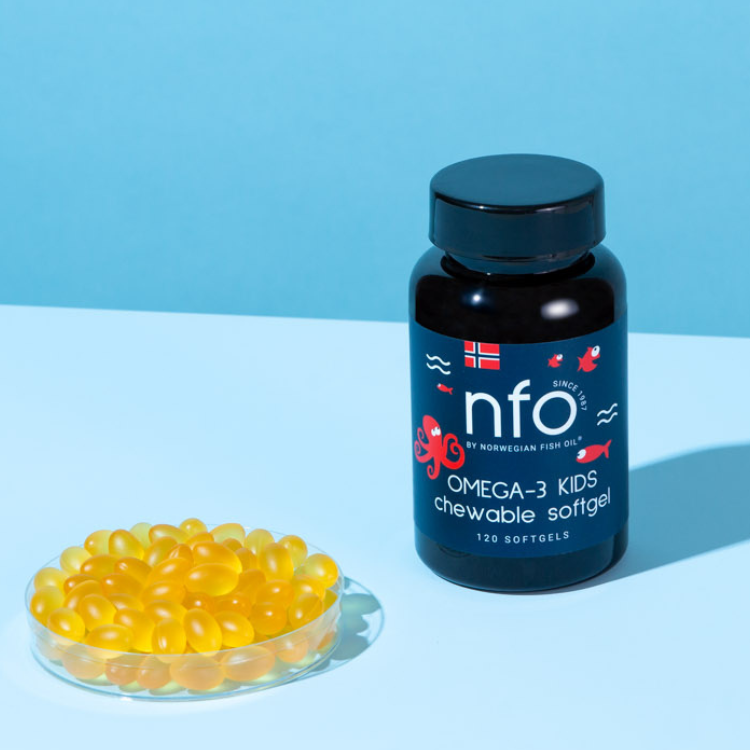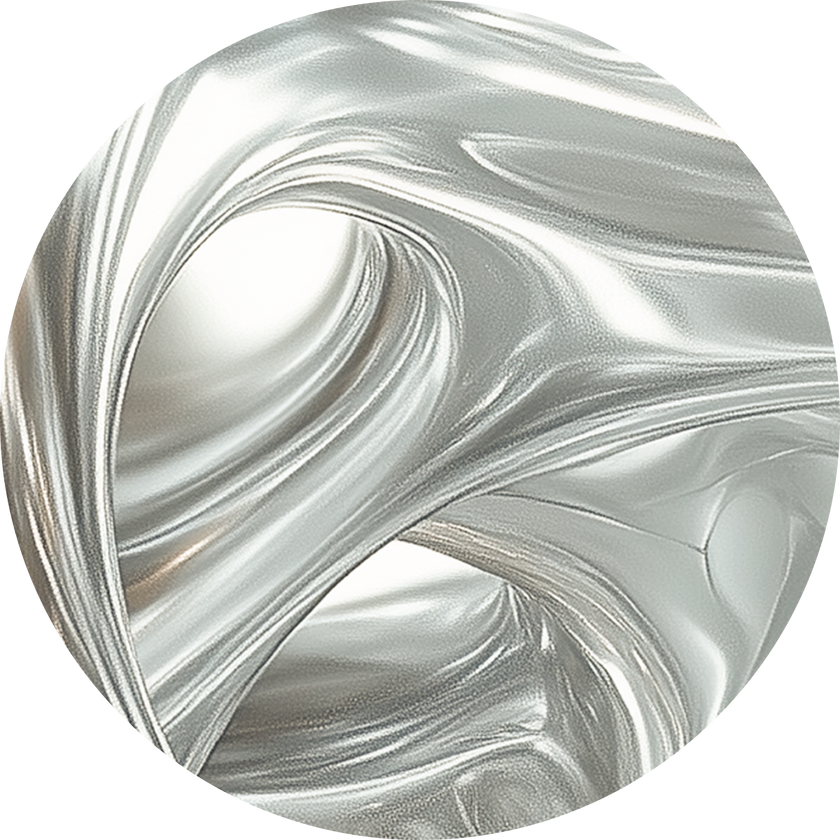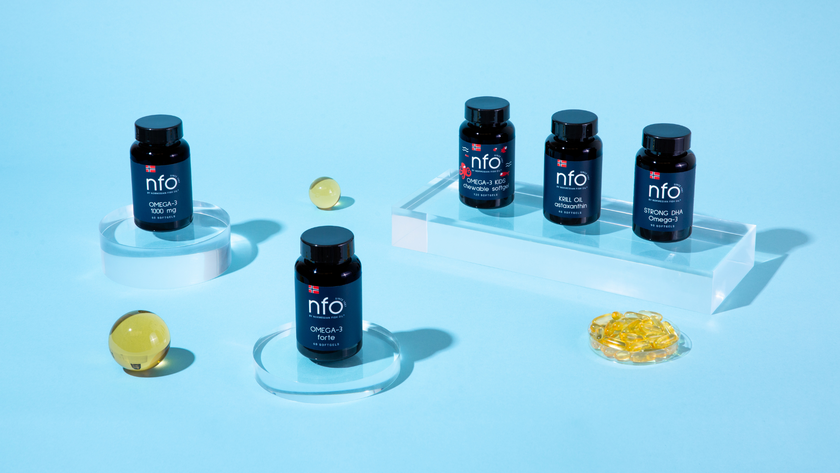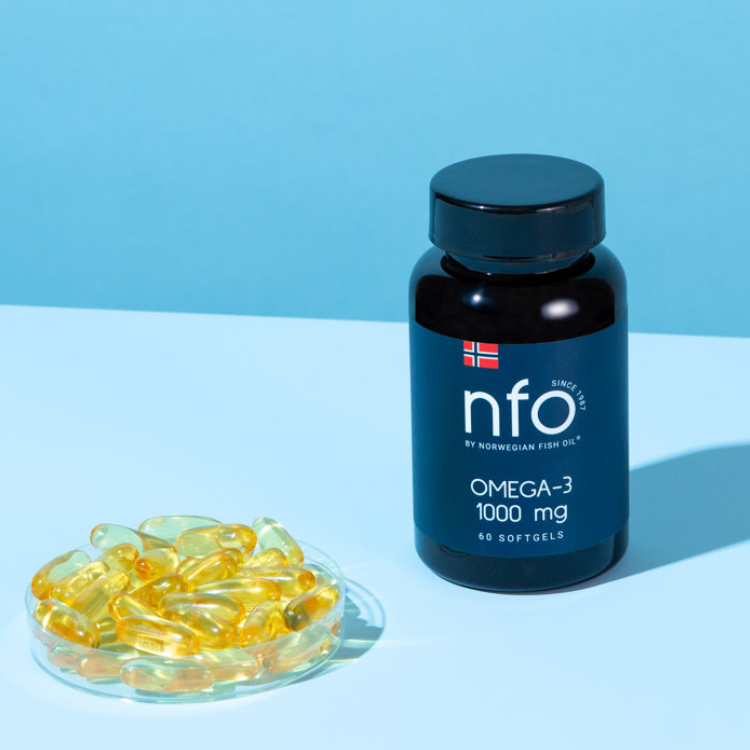مكملات نمو العضلات: تعظيم المكاسب باستراتيجيات مدعومة علميًا
يتطلب بناء العضلات مزيجًا من التدريب الفعال، واتباع نظام غذائي متوازن، واستخدام مكملات غذائية استراتيجية. وبينما تُحفّز التمارين الرياضية نمو العضلات، يُمكن لبعض المكملات الغذائية أن تُعزز هذه العملية، مما يجعلها أكثر فعاليةً وفائدةً. تتناول هذه المدونة مكملات نمو العضلات المدعومة علميًا، وفوائدها، وكيف تُساعد رواد الصالات الرياضية والرياضيين على تحقيق أهدافهم في اللياقة البدنية.
1. مكملات البروتين
دور البروتين في نمو العضلات
البروتين هو أساس بناء العضلات. تناول كمية كافية من البروتين يضمن إصلاح العضلات ونموها، خاصةً بعد التمارين المكثفة. يُعد بروتين مصل اللبن والكازين والبروتينات النباتية مثل بروتين البازلاء والأرز خيارات شائعة.
فوائد مكملات البروتين
- إصلاح العضلات والتعافي: يساعد البروتين على إصلاح التمزقات الدقيقة في ألياف العضلات الناتجة عن تدريب المقاومة (مورتون وآخرون، 2018).
- الراحة: تعد مساحيق البروتين طريقة سهلة لتلبية متطلبات البروتين اليومية، خاصة بالنسبة لأولئك الذين لديهم جداول أعمال مزدحمة.
- تحسين الأداء: أظهرت الدراسات تحسن القوة والقدرة على التحمل مع تناول البروتين بشكل منتظم (فيليبس، 2014).
مصادر
- بروتين مصل اللبن: يتم امتصاصه بسرعة، مما يجعله مثاليًا بعد التمرين.
- بروتين الكازين: بطيء الهضم، مناسب لاستعادة العضلات خلال الليل.
2. الكرياتين أحادي الهيدرات
كيف يعمل الكرياتين
يُعزز الكرياتين إنتاج الطاقة أثناء التمارين عالية الكثافة عن طريق زيادة مخزون فوسفوكرياتين في العضلات. يؤدي هذا إلى أداء أفضل وزيادة في حجم العضلات مع مرور الوقت (كريدر وآخرون، ٢٠١٧).
فوائد
- زيادة القوة: تحسين الأداء في رفع الأثقال والركض السريع.
- التعافي بشكل أسرع: يقلل من آلام العضلات ووقت التعافي.
- تعزيز حجم العضلات: يعزز احتباس الماء في العضلات، مما يؤدي إلى مظهر أكثر امتلاءً.
3. بيتا ألانين
علم بيتا ألانين
يزيد بيتا ألانين مستويات الكارنوزين في العضلات، مما يُخفف من تراكم الأحماض أثناء التمارين المكثفة. هذا يُؤخر التعب ويسمح بجلسات تدريب أطول وأكثر فعالية (هاريس وآخرون، ٢٠٠٦).
فوائد
- تحسين القدرة على التحمل: يعزز الأداء في الأنشطة التي تستمر لمدة تتراوح من 1 إلى 4 دقائق.
- تقليل إجهاد العضلات: يقلل من تراكم حمض اللاكتيك.
- يدعم التدريب عالي الكثافة: مفيد بشكل خاص للتدريب المتقطع وتدريب المقاومة.
4. المغنيسيوم لعشاق الصالة الرياضية
فوائد
- تحسين مستويات الطاقة: يدعم إنتاج ATP، العملة الأساسية للطاقة في الجسم.
- استرخاء العضلات: يمنع التشنجات والتشنجات العضلية.
- تعزيز التعافي: يقلل الالتهاب ويسرع عملية التعافي.
- صحة العظام: تساهم في الحفاظ على قوة العظام، وهي ضرورية للتعامل مع الأوزان الثقيلة.
- تحسين النوم: يساعد المغنيسيوم على تنظيم النوم، وهو أمر ضروري لتعافي العضلات ونموها.
مصادر
- الغذاء: المكسرات، والبذور، والسبانخ، والأفوكادو، والشوكولاتة الداكنة.
- المكملات الغذائية: جليسينات المغنيسيوم، والسترات، والمالات هي أشكال يتم امتصاصها بشكل جيد.
5. أوميجا فورتيه: تعزيز اللياقة البدنية
فوائد
- تقليل آلام العضلات: يخفف الالتهاب بعد ممارسة التمارين الرياضية.
- تحسين صحة المفاصل: يقوم بتزييت المفاصل، مما يقلل من التآكل والتلف.
- تعزيز صحة القلب والأوعية الدموية: يدعم وظيفة القلب، وهو أمر ضروري للرياضيين الذين يمارسون رياضات التحمل.
مصادر
- الغذاء: الأسماك الدهنية مثل السلمون والماكريل.
- المكملات الغذائية: تضمن كبسولات أوميجا فورت تناولًا منتظمًا.









